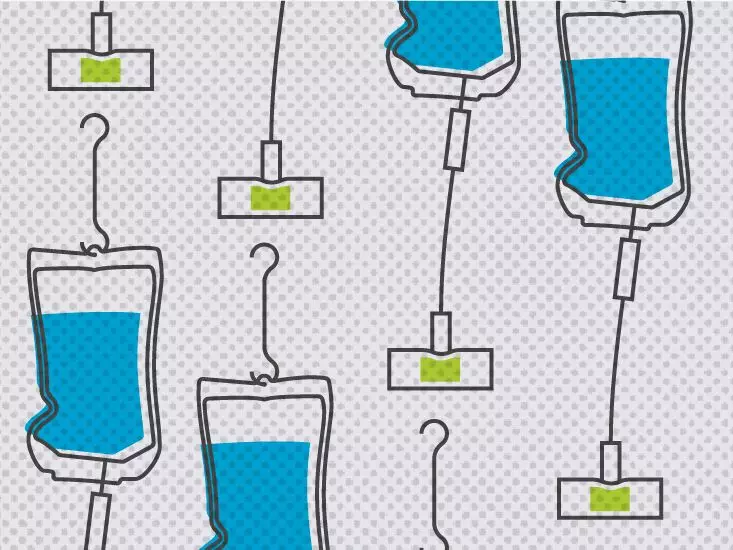Opdivo, scientifically known as nivolumab, is a groundbreaking immunotherapy drug designed to combat various forms of cancer, including melanoma, lung cancer, and others. Operating through a unique mechanism, Opdivo works by inhibiting a protein known as PD-1, which cancer cells exploit to evade the immune system. While this innovative treatment offers hope for many, it is crucial for patients to be aware of potential interactions with other substances, including medications, alcohol, and herbal supplements.
As of now, there are no documented interactions between Opdivo and specific medications. However, the absence of reports does not imply freedom from possible interactions in the future. Given the dynamic nature of medical research and drug development, new medications might emerge that could affect Opdivo’s efficacy or safety. Therefore, it is essential for individuals undergoing treatment with Opdivo to keep their healthcare providers fully informed of all medications they are taking, including over-the-counter drugs, to mitigate the risk of unforeseen interactions.
While current data does not indicate any direct interactions between Opdivo and alcohol, patients are often advised to limit or avoid alcohol consumption during treatment. This caution stems from the potential for alcohol to exacerbate Opdivo’s side effects, particularly concerning liver health. Both Opdivo and excessive alcohol consumption can lead to liver damage, and using them in tandem could heighten the risk of liver-related complications. Patients should consult with their healthcare provider to discuss any alcohol consumption and its potential impact on their treatment.
The lack of documented interactions between Opdivo and various supplements, vitamins, or herbal products raises questions about their concurrent use. Although no specific reports exist illustrating adverse interactions, the medical community remains vigilant. Just because interactions have not yet been identified does not guarantee they will not arise later. It is vital for patients to discuss any supplements or herbal remedies they wish to incorporate into their regimen with their healthcare team. This proactive approach can help safeguard against potential issues before they manifest.
As it stands, there are no known interactions between Opdivo and food. However, dietary choices during treatment can impact overall health and wellbeing, making discussions with a doctor about nutrition during cancer treatment prudent. Vaccines also pose no known concerns with Opdivo; in fact, staying current on vaccinations is an important health measure for patients undergoing cancer therapy. Furthermore, laboratory tests have not shown any complications linked to Opdivo treatment, but it is advisable to maintain open communication with healthcare providers regarding all medical procedures while on the medication.
The increased use of cannabis, including products containing cannabidiol (CBD), has raised questions about its compatibility with Opdivo. Currently, no significant interactions have been reported, but patients should exercise caution. Cannabis may influence how patients adhere to prescribed treatment regimens, thereby affecting the overall effectiveness of Opdivo. Individuals should openly discuss their cannabis use with their healthcare providers, ensuring they understand the implications it may have on their treatment journey.
Patients play a crucial role in preventing interactions while on Opdivo. To bolster safety, healthcare providers encourage the following actions:
1. **Open Communication**: Regularly inform healthcare providers about all medications, supplements, and lifestyle habits, including alcohol and cannabis use.
2. **Medication Lists**: Maintain an updated medication list, which can be particularly useful during medical appointments.
3. **Review Materials**: Read the Opdivo label and accompanying documentation thoroughly, as these may contain vital interaction information.
4. **Compliance with Prescriptions**: Adhere strictly to prescribed dosages and schedules to minimize the risk of adverse effects.
Navigating the complexities of cancer treatment involves thorough understanding and vigilance, especially concerning potential interactions with Opdivo. While current knowledge extends useful insights into its compatibility with medications, alcohol, and supplements, continuous evaluation and communication with healthcare providers are essential. By maintaining an informed and proactive approach, patients can empower themselves, fostering a safer and more effective treatment experience. Ultimately, the responsibility of managing interactions lies not only with healthcare providers but significantly rests on the patients themselves, underscoring the importance of education and advocacy in health care.

